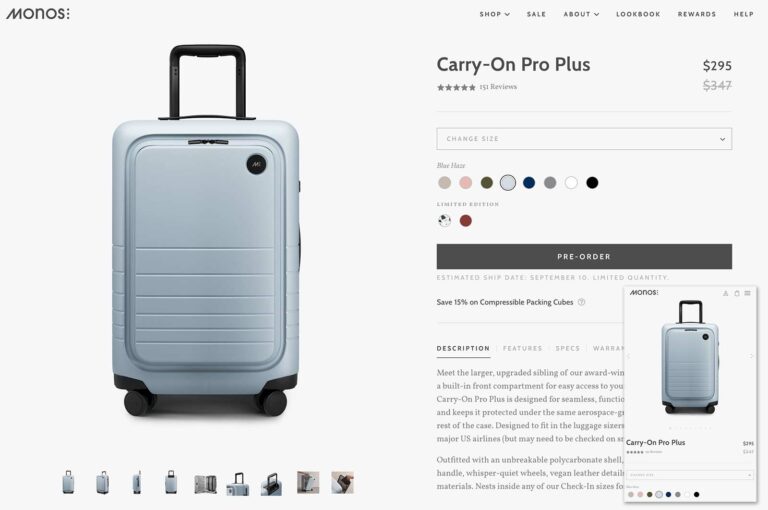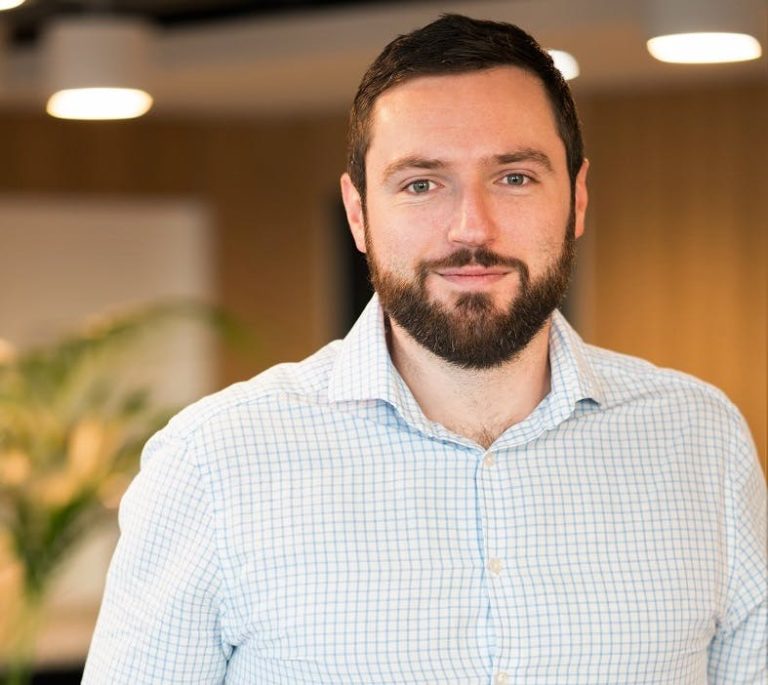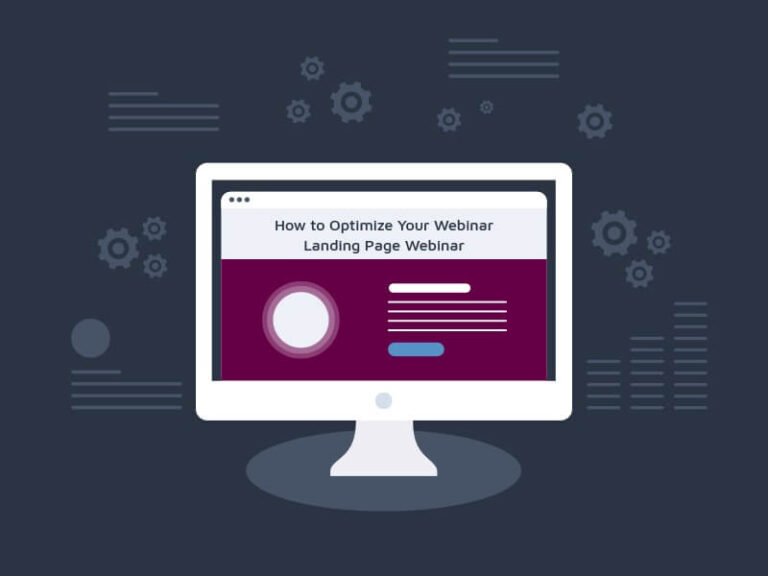Pandemic or no pandemic, the day is long. We are a UK-headquartered business, but we operate globally. In the last 12 months we have successfully completed deals as far away as Australia and San Francisco. For that reason, video calls can take place very early and very late.
I am the CEO and Founder of Ciesco. We are a specialist M&A advisory firm operating in the technology, digital, media and marketing sectors. We’re distinctive in that we combine senior-level practitioners from the industry, bringing deep industry knowledge, with sector-specialist investment banking expertise. This allows us to help business owners both realise the value of their businesses and make the kinds of deals that change industries.
Please describe your job: What do you do?
We were in a strange position, however. One of the most consequential decisions a business owner can make is to sell their business, and doing that virtually is intimidating, to say the least. Appointing an advisor—which is where we come in—became even more important than it was before. We now have clients who we have never met physically, and we have buyers who have bought companies they have never seen physically.
I would also advise marketers to stay on the balls on their feet and be vigilant to opportunities. This is going to be a year of reinvention, and in some cases entire sectors will evolve. The agencies supporting businesses in those sectors will need to adapt with them.
Work starts with emails and putting together a plan for the day ahead. Most of the day I will be on video calls over Teams or Zoom with our clients, potential clients and potential buyers. I check in frequently with the Ciesco Deal Teams currently managing transactions, resolving any issues and giving my perspective on the deals.
We are lucky that we have a very good team spirit at Ciesco. It keeps standards high and tensions low. That by itself helps me keep an effective work/life balance. I can trust the team completely, and when we have virtual drinks at the end of the week we can all unwind knowing that we have put in good work.
Talk us through a typical day…
A big part of my work is of course also making sure our people are happy, supported, and delivering great value for our clients. I have been very impressed with how the team has performed throughout the pandemic and that gives me real optimism for the future.
Tech and tech-enabled companies—from apps to data-driven communications agencies—are the future. This is the space in which we increasingly operate most. The answer to the question all business owners are asking themselves—‘How can we better future-proof our business?’—is through tech and data, which can inform decisions relating to everything from product innovation to sales to marketing to supply-chain management.
Chris Sahota is the CEO and founder of M&A advisory firm Ciesco. We recently caught up with Chris to discover what his day-to-day working life looks like. We also found out what changed for Ciesco during the pandemic, and why Chris believes creativity and technology go hand in hand.
How do you maintain an effective work/life balance?
This means, in many cases, comprehensive business transformation. There’s a kind of arms race underway now between businesses, all of which want to make digital and tech central to how they operate as fast as possible. There is huge M&A interest in businesses that do this seamlessly.
My role as CEO, specifically, is to be a trusted advisor to our clients and to have strong relationships with potential clients and others in our global network. These can be C-suite executives at large corporates, marketing holding groups, agencies, brands, technology companies and consultancies. We have a specific focus in the data, digital, media and technology sectors and strong relationships there; we also have close contacts in the financial world with private equity firms and emerging funds. It is vital that we know what buyers are looking for and understand their corporate strategies so we can accommodate the needs of our clients.
I have been based at my country home in a little village near Stow-on-the-Wold in the Cotswolds since the outbreak of Covid. I wake up at 5.30 a.m. and go for a 6km run down the country lanes to the next village and back. Then, I do between 15 and 20 minutes of yoga and make my two-year-old daughter breakfast. Once or twice a week I make sure I drive her to her nursery.
How has strategy changed at your company in the past 18 months?
I would also urge marketers to embrace tech, to embrace digital. The powerful tools and wealth of data now available can and will amplify marketing ability, not replace it. Creativity and tech are not at odds. The more knowledge you have about the audiences you are trying to reach, the better you can engage with that audience, and if you do that well you give yourself space to experiment and innovate. The more data you have about your own operations, the more you can optimise and the easier it is to adapt.
I have been fortunate to be able to work from our home in Gloucestershire since the introduction of lockdown restrictions, only occasionally returning to our apartment in west London or our office in Victoria. Getting outside in the fresh air helps to clear my mind of all the pressing issues that arise when you own and run a company—and needless to say the pandemic has caused plenty of challenges.
How has customer behaviour (or your clients’ customer behaviour) changed during the pandemic?
This is because M&A drives emerging trends. The deals we design and configure can alter the sector landscape in striking and consequential ways. That takes real knowledge and experience but also vision. We paint a picture for our clients that allows them to get an idea of what their world might look like post-M&A. That’s a key part of what I do.

What do you predict for the future?
The pandemic has changed working from home practices, and this has altered the dynamic between employees and employers. The past year has brought structural change in relationships between businesses and their clients, too. Now that this model has been shown to work it is likely to stay. Most companies will adopt hybrid work practices using new tools and processes.
Our clients and their customers have, for the most part, embraced working from home and flexible working policies. We have been on hand and in contact while they have made this transition. Naturally, this means the dynamic between our clients and their teams, and between our clients and ourselves, has changed. They are having to make big decisions over Teams and Zoom, and work with people they have never met in person.
What advice would you give a marketer right now?
It’s not just important but necessary to balance work, fun and wellness. It is the only way to be at your best. My two-year-old daughter is a bundle of energy, and that takes my attention away from business at times, but that is a good thing. I am grateful for those reminders to step back and think.
The pandemic lockdowns highlighted the impact humans are having on the environment. Brands really started to react and realign to accommodate customer concerns around social, environmental and ethical responsibility. Marketers will need to help brands stay in step with the surrounding culture and become better all-round ethical businesses. They have to support brands embracing purpose, so they evolve in the right way and do not come off as opportunistic or cynical.
We acted quickly when it became clear to us that the pandemic was not going away. It was critical first of all to make sure our staff felt comfortable and secure. We then adopted, adjusted to, and embraced the new reality, proactively reaching out to people in our network and getting to grips quickly with the technology we needed to do our work well. If you work in a specialist advisory capacity, the onus is on you to react more quickly than your clients do so you can support them.






